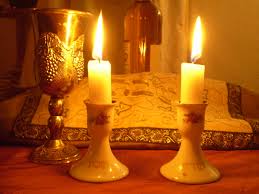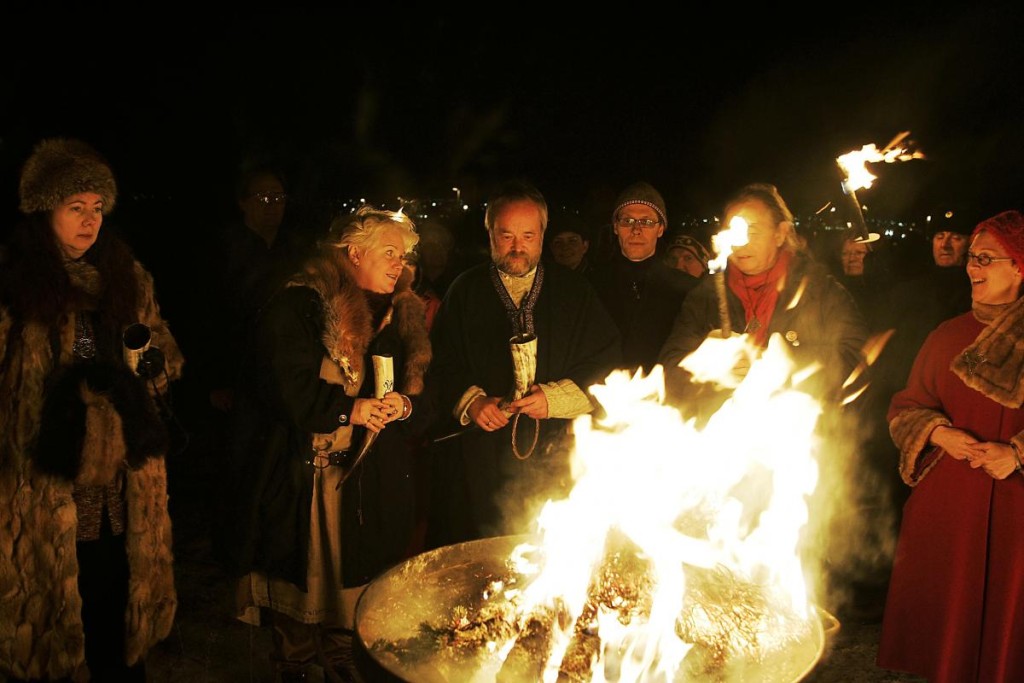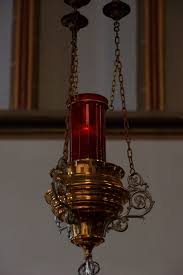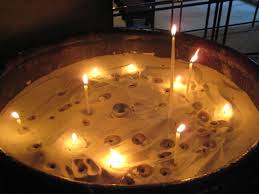 Across religious traditions, with their differences and distinctions, one can enter the sanctuaries of these movements, great and small, and find the burning flame. Each religion will have its own
Across religious traditions, with their differences and distinctions, one can enter the sanctuaries of these movements, great and small, and find the burning flame. Each religion will have its own
 understanding of why it lights candles ranging from a practical need for light to symbolism for the Divine, for doctrines, for connections to the tradition itself, to the keeping of time including the celebration of special times with special lights.
understanding of why it lights candles ranging from a practical need for light to symbolism for the Divine, for doctrines, for connections to the tradition itself, to the keeping of time including the celebration of special times with special lights.
Despite all the differences, and they are not to be dismissed, is this common human thing. What to call the thing? Attraction. Need. Desire. Comfort. Longing. Search. Memory. Encouragement. Proclamation. Devotion. Celebration. Honor. Sacrifice. Guidance.
We go into our sacred places, our temples, mosques, churches, synagogues, shrines and groves. We light candles there. We tend flames. We rekindle and renew fire. We are attracted by these lights. We need to see them. We find our desires and longings represented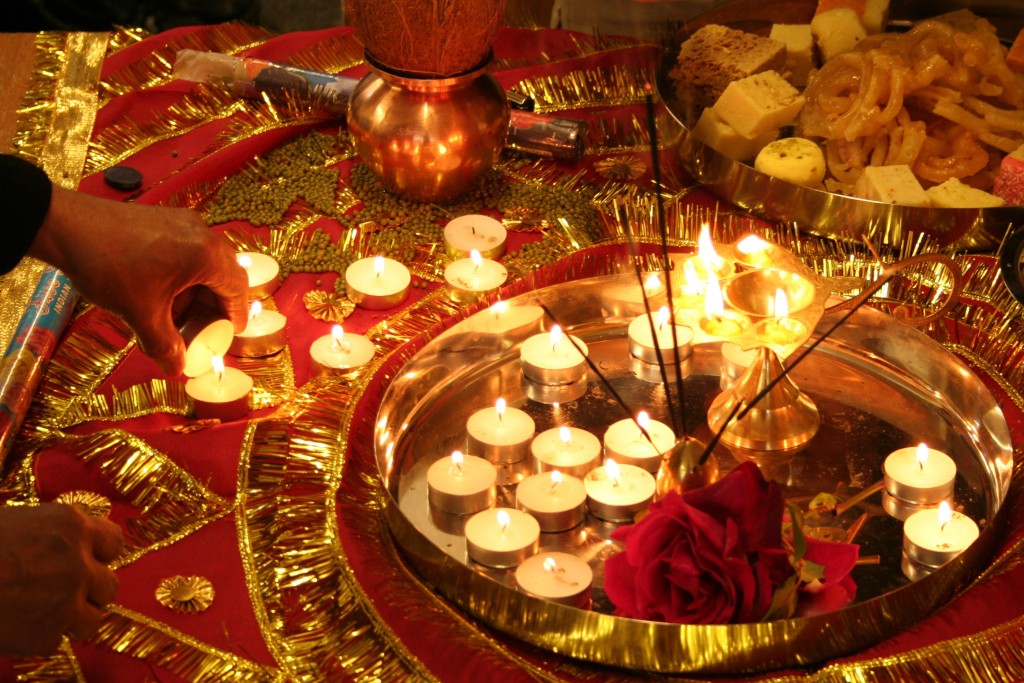 there as well as comfort and courage as we search for meaning. In a simple flame. In a bank of flames. In a bonfire. We are reminded of who we are, from where we have come. We take courage in the simple flame to announce what is of deepest value to us and to celebrate it. We honor our dead and our newborns; we pray for our sick and lost; we bring our sorrow and shame and brokenness and we light candles. We see the lights in our sanctuaries, and we find guidance.
there as well as comfort and courage as we search for meaning. In a simple flame. In a bank of flames. In a bonfire. We are reminded of who we are, from where we have come. We take courage in the simple flame to announce what is of deepest value to us and to celebrate it. We honor our dead and our newborns; we pray for our sick and lost; we bring our sorrow and shame and brokenness and we light candles. We see the lights in our sanctuaries, and we find guidance.
Visiting these sanctuaries that human beings build creates some sort of resonance with that which is within us–always has been within us. In our more rational moments, we can argue that such sanctuaries and expenses required to create them are really not necessary–that as religious people we ought to know that our money is
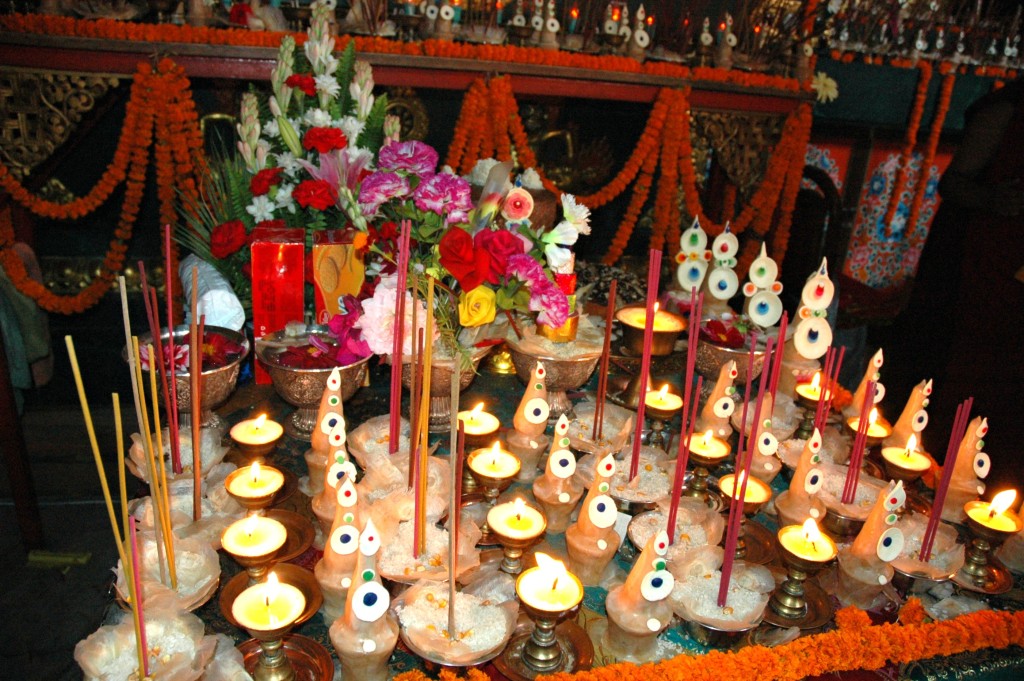 better spent on those who are in deep need. We know this, and we do this as well. Our work out in the world becomes another sort of burning flame within the inner sanctuaries of o
better spent on those who are in deep need. We know this, and we do this as well. Our work out in the world becomes another sort of burning flame within the inner sanctuaries of o ur hearts, lives and communal connections. I submit, however, that we will always have our sacred places, our sanctuaries where we go to light candles. When we enter into this kind of communal ritual, we light those inner flames, we renew them, and they do inspire us to be better people in the world: better Unitarian-Universalists, better Buddhists, better Muslims, better Hindus, better practitioners of Earth-Mysteries, better Christians, better Humanists, better Jews.
ur hearts, lives and communal connections. I submit, however, that we will always have our sacred places, our sanctuaries where we go to light candles. When we enter into this kind of communal ritual, we light those inner flames, we renew them, and they do inspire us to be better people in the world: better Unitarian-Universalists, better Buddhists, better Muslims, better Hindus, better practitioners of Earth-Mysteries, better Christians, better Humanists, better Jews.
All of the religious differences matter, and we all want to be better human beings who are trying to find our way in  the world. Often we feel the dark around us. Often we are strengthened by the power of a simple candle light, in the sanctuary.
the world. Often we feel the dark around us. Often we are strengthened by the power of a simple candle light, in the sanctuary.
Bob Patrick
All images used through common licensing. In order of appearance: Greek Orthodox, Ancient Roman, Jewish Shabbat, Pagan Temple, Hindu Diwali, Christian, Buddhist Bodhisattva, Islamic mosque, Unitarian-Universalist Chalice

